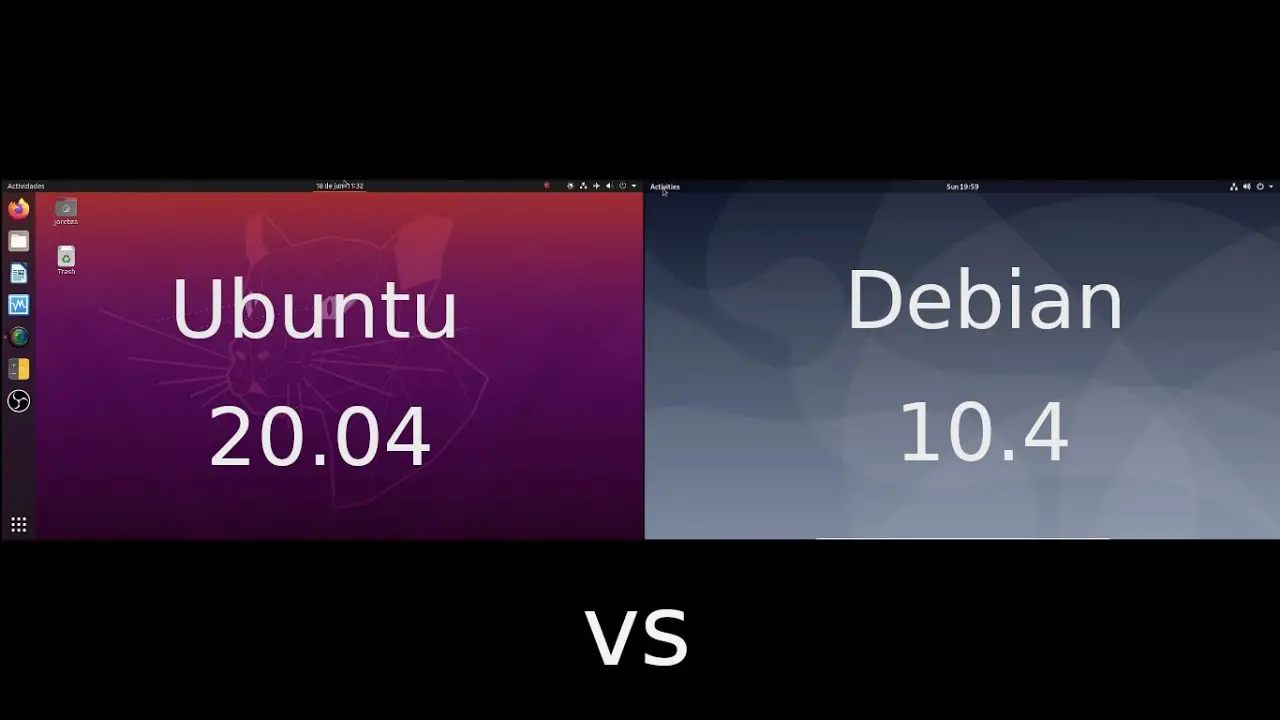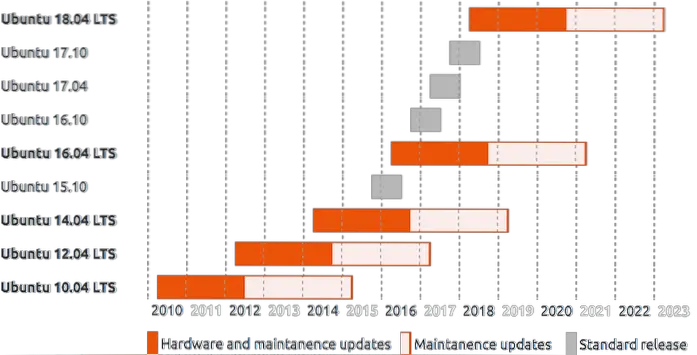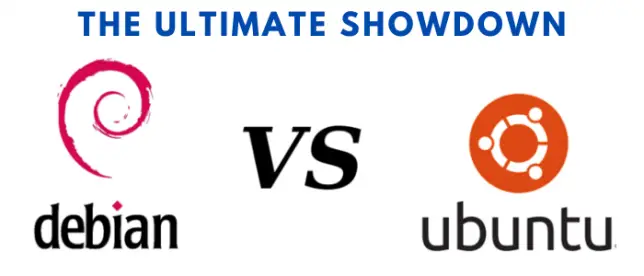Ubuntu LTS vs. Debian Stable: The Ultimate Stability Showdown

Executive Summary

Ubuntu LTS and Debian Stable are both well-known Linux distributions known for their stability and long-term support. However, there are subtle differences between the two that may make one more suitable for your needs than the other. This article will compare and contrast the two distributions, covering key aspects such as release cycles, package availability, and support lifespan.

Introduction
When choosing a Linux distribution for stability, two of the top contenders are Ubuntu LTS and Debian Stable. Stability is crucial for servers, workstations, and any system that requires a predictable and reliable operating environment. Both of these distributions are designed with stability in mind, but they have different approaches and unique strengths.
Release Cycles
Ubuntu LTS (Long Term Support): Ubuntu LTS releases occur every two years and are supported for five years. This means that security updates and bug fixes are provided for a total of seven years from the initial release date. Ubuntu LTS is designed for users who prioritize stability over the latest features.
Debian Stable: Debian Stable releases are less frequent, typically occurring every two or three years. However, Debian Stable releases are supported much longer than Ubuntu LTS, with security updates and bug fixes provided for over a decade. Debian Stable is ideal for users who need maximum stability and longevity.
Package Availability
Ubuntu LTS: Ubuntu LTS has a wide range of packages available in its repositories, including both open-source and proprietary software. The availability of third-party repositories further expands the range of software that can be installed. Users have access to a vast ecosystem of applications, making it easier to find the tools they need.
Debian Stable: Debian Stable has a smaller selection of packages available in its repositories compared to Ubuntu LTS. However, Debian Stable focuses on stability and thorough testing, ensuring that the packages it includes are highly reliable. Debian also has a large community of users and developers who maintain and contribute to the distribution, providing access to a wealth of additional software.
Support Lifespan
Ubuntu LTS: Ubuntu LTS releases are supported for five years from the initial release date, with security updates and bug fixes provided throughout that period. After the five-year support period, users can upgrade to the next LTS release to continue receiving support.
Debian Stable: Debian Stable releases are supported for much longer than Ubuntu LTS, typically over a decade. This extended support period provides users with a stable and secure platform for mission-critical applications. Debian’s commitment to long-term support makes it an ideal choice for servers and systems that require maximum stability.
Support Models
Ubuntu LTS: Ubuntu LTS support is provided by Canonical, the company behind Ubuntu. Canonical offers various support options, including paid support contracts and community support forums. Users can access documentation, tutorials, and a wide range of community resources for assistance.
Debian Stable: Debian Stable support is provided by the Debian community. The Debian community is known for its active and knowledgeable user base. Users can find support through mailing lists, forums, and the Debian Wiki. Debian also has a network of volunteers who provide technical assistance and contribute to the distribution’s development.
Conclusion
Ubuntu LTS and Debian Stable are both excellent choices for users seeking a stable Linux distribution. Ubuntu LTS provides a wide range of packages and a shorter release cycle, making it suitable for users who prioritize access to the latest features. Debian Stable offers longer support, a more rigorous testing process, and a focus on maximum stability, making it ideal for servers and mission-critical systems. Ultimately, the best choice depends on your specific requirements and preferences.
Keyword Phrase Tags
- Ubuntu LTS vs. Debian Stable
- Stability Comparisons
- Linux Distribution Stability
- Long-Term Support
- Debian Community Support

I didn’t know there was so much difference between Ubuntu and Debian. This is really helpful information for me. Thanks for sharing!
I’m not sure I agree with your conclusions. I’ve found Debian to be more stable than Ubuntu. But I guess it depends on your personal needs.
Can you provide some more information about the differences in package management between Ubuntu and Debian? I’m curious to learn more.
So, Ubuntu is more user-friendly, but Debian is more stable. It’s like choosing between a comfortable car and a reliable one. I guess it all depends on what you value more.
Oh, wow! Another article comparing Ubuntu and Debian. How original. Can’t you come up with something new for once?
I’m imagining Ubuntu and Debian as two superheroes. Ubuntu is the flashy one, always saving the day with its new features. Debian is the quiet one, but it’s always there when you need it.
I’ve had bad experiences with Ubuntu in the past. It always seemed to break on me. I’ve since switched to Debian and have been much happier.
I’m a big fan of Ubuntu. I love how user-friendly it is. I’ve never had any major problems with it.
I’ve been using Debian for years and have never had any problems with it. It’s the most stable distro I’ve ever used.
I’m new to Linux and am trying to decide between Ubuntu and Debian. This article has been very helpful in understanding the differences between the two.
I’m not convinced that Debian is really more stable than Ubuntu. I’ve seen plenty of Ubuntu systems that have been running for years without any problems.
Oh, great. Another article about the age-old debate between Ubuntu and Debian. Can’t we all just get along?
I’m picturing Ubuntu and Debian as two old friends. Ubuntu is the outgoing one, always up for a good time. Debian is the introvert, but it’s always there for Ubuntu when it needs it.